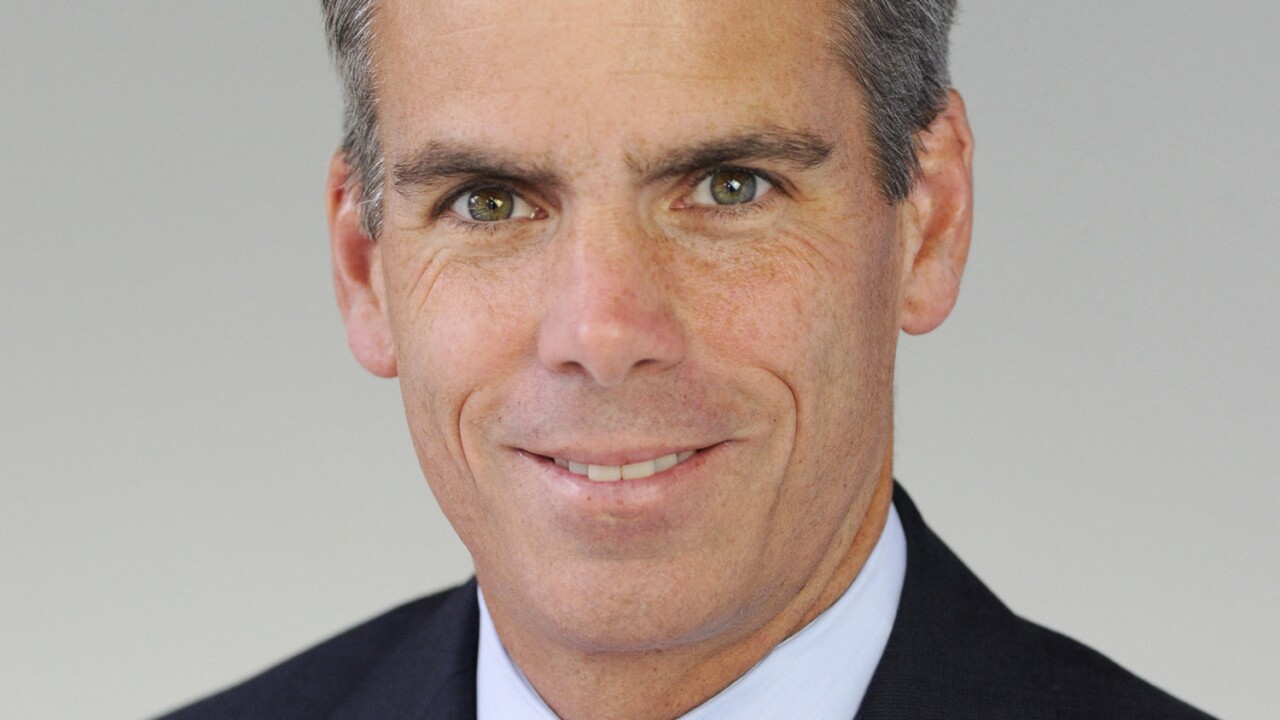Bitcoin's earliest adopters used to launch scathing criticism at the U.S. for being the first to regulate digital currency in 2012, but their ire seems to have cooled off.
Governments' wariness of Bitcoin is unsurprising. The digital currency is, by design, a means to enable payments in situations where regulations or other policies impair the use of conventional payment systems. For example, in late 2010
Some countries are taking a stricter approach. In December, China
China "appears to have done everything they can to slow the growth without killing [Bitcoin] completely," says Adam Shapiro, director with Promontory Financial Group LLC. Exchanges such as BTC China have struggled to find ways to allow consumers to buy bitcoins through cash deposit services, he says.
China's largest e-commerce website, Alibaba Group Holdings Ltd.,
"There's a correlation between governments looking to clamp down on Bitcoin innovation and those that have existing currency controls," Shapiro says. "Currency controls are one of the biggest headaches, when governments want to control citizen's use of currency," he says.
However,
Other countries with currency controls include Brazil, Egypt, Iceland, North Korea, Russia, South Africa, India and Argentina.
Argentina could be the next country that moves to ban digital currency, since the use of Bitcoin in the South American country is growing substantially.
The Argentinian government has inflated its national currency outrageously with citizens losing most of their savings over the past few years. Argentinians "have suffered many times with losing their money to drastic inflation," says Rodolfo Andragnes, co-founder and vice president of the Bitcoin Foundation in Argentina. Citizens are suffering about 20% to 25% inflation in Argentina, he says.
Argentinians "maybe think that holding bitcoins is safer than holding pesos or dollars," Andragnes says.
Other countries that have issued consumer warnings include France, Belgium, Singapore and India. The European Banking Authority has also issued a warning.
These warnings name the price volatility, lack of security infrastructure and consumer protections, and Bitcoin's decentralized nature as reasons to be cautious.
Consumer warnings are the minimum regulatory action needed to ensure people understand the risk of working with digital currency, Shapiro says.
As the Bitcoin ecosystem continues to grow, countries around the world will have to get more specific about their regulatory policies, Shapiro says. But because the digital currency market isn't big enough yet, they can take their time.
"It's also fair to say there are elements of the U.S. regulatory system that are taking the wait-and-see approach such as derivatives and futures trading and the Consumer Financial Protection Bureau's regulations," Shapiro says. "The U.S. is ahead but that reflects the much bigger financial technology community that exists in the U.S."
Especially in the European Union, regulators are taking a hands-off approach.
The European Union is "a lighter touch regime in many ways particularly around anti-money laundering," says Shapiro.
"Developed world governments are in a position that they're giving these innovations a chance," he says. "There are reasonable people in the industry that are persuading these governments of the advantages coming out of this technology."
But most of these countries are holding digital currency companies to account for creating standards, says Shapiro. "And the industry now has to recognize the legitimate public policy objectives these governments are actually trying to achieve and that those policy objectives will be met in relation to digital currencies."
The biggest hurdle for Bitcoin businesses in the U.S. is getting an established and credible banking relationship, says Mark Williams, a professor who teaches risk management and capital markets at Boston University and Bitcoin skeptic.
Bitcoin businesses "have gotten investment but that's not banking," Williams says.
Because Bitcoin businesses were having
The U.S. categorizes many digital currency companies as money services businesses, which must obtain money transmitter licensing in most U.S. states.
"Bitcoin is in its beta stage, in its infancy, and will have to mature and morph into something that can be regulated and controlled if it is going to have a positive effect on the capital markets," Williams says.
But the tide is starting to turn. Several exchanges have obtained accounts after asking hundreds of banks for help. Coinmkt, a digital currency exchange based in Los Angeles,
Coinbase, a Bitcoin exchange and merchant services platform, has been banked with Silicon Valley Bank for some time. And Coinsetter, a Bitcoin exchange targeted towards Wall Street and professional traders, is also banked in the U.S. The exchange is still in beta and Jaron Lukasiewicz, founder and CEO, would not identify the U.S. banking partner, but says the business also has a bank account in Malta.
And at the end of January, Benjamin Lawsky, the superintendent of the New York Department of Financial Services, called hearings to discuss the idea of issuing "BitLicenses" for digital currency. Throughout the hearings, Lawsky stated that the





